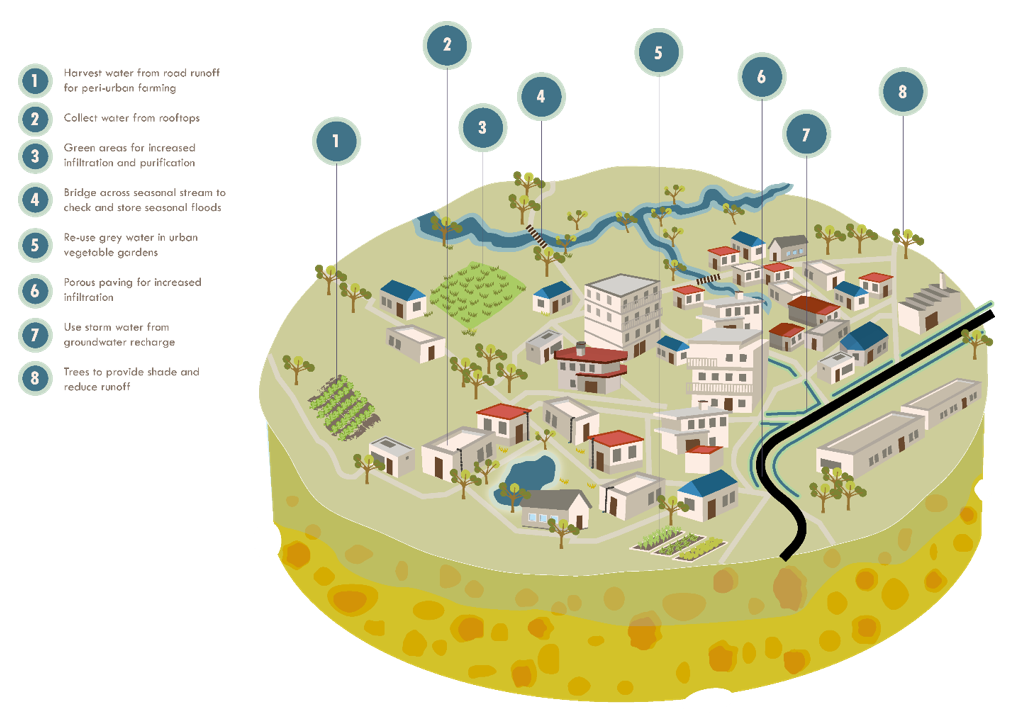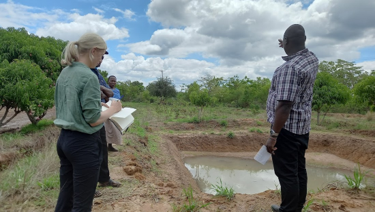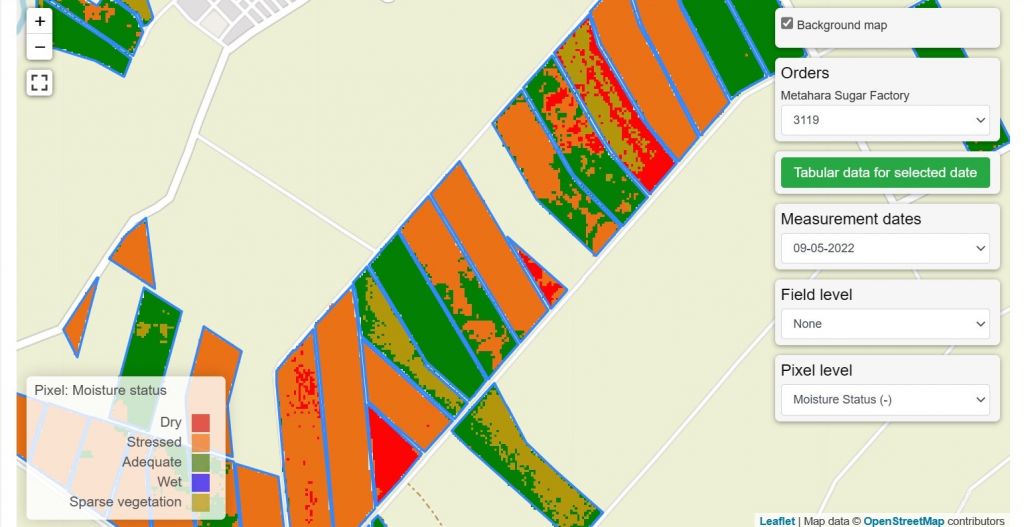One of MetaMeta key themes is Water Management. This includes improving water productivity in agriculture, urban water management such as the creation of sponge towns, supporting flood-based livelihoods (e.g. in spate irrigation areas), and water harvesting in arid and semi-arid (ASAL) areas (e.g. water harvesting pans for pastoralists, sand dams, road water harvesting, and roof water harvesting). MetaMeta has experience with water project co-design, formulation, implementation, and M&E. As many communities around the world experience similar water-related challenges and find their own solutions, MetaMeta also brings together experts from over the world for optimal knowledge exchange.

Urban Water
The urban population in Kenya is growing substantially annually. As the population is growing, our cities and towns are not exempted from the two climate extremes (flooding and drought). When it rains, some of our towns/cities get flooded and the same towns/cities during the dry seasons, are challenged by drought effects such as limited access to water, heat, and dust. With this, there need for urgency to take up an integrated, inclusive, and holistic approach for better sustainability of our towns/cities. We promote the development of resilient towns/cities through (i) the Sponge city concept– Integrating urban planning and water management, to secure water resources, reduce the risk of floods, and increase the quality of life, (ii) Rainwater harvesting (both runoff harvesting for underground recharge and infiltration and roof ), (iii) Urban farming and green spaces (iv) Enhancement of public-private partnership in water harvesting and water recycling/reuse (v) Capacity building and strengthening, (vi) Permeable roads and pavements (vii) Awareness campaigns through residents’ engagement and Google Earth storytelling. Our strong links to city planners, urban dwellers, and experts across the continents ensure effective implementation and impacts. Read more on sponge cities
Water Harvesting
Kenya being 80% ASAL most parts of the country experience drought and water shortage challenges. These areas as well receive erratic rainfall during the rainy season that causes flooding. Metameta advocates for water conservation and water security through promotion of rain water harvesting (roof and runoff) and storage. This water that can be useful during the drought season. The techniques MetaMeta promotes range from simple methods such as using barrels or containers to collect rainwater from rooftops, to more complex systems that involve the construction of storage tanks, on farm ponds, sand dams, non-vented drifts and distribution networks. The collected water can then be used for a variety of purposes, such as irrigation, household needs, or livestock watering. Projects implemented under water harvesting include Green Roads For Water and Flood based livelihood


Water productivity
Agriculture is the largest consumer of water with an estimation of up to 70%. Improvement of Agricultural water management thus directly improves water allocation towards other sectors. MetaMeta Kenya looks at how to improve agricultural water productivity up to at least 25%. We promote this by assessing the biophysical aspect of water productivity (yield/m3 of water or biomass/m3) using insitu data, remotely sensed derived data from FAO WaPOR data, Irriwatch and drone technology. We provide visualizations for trends and spatial variations in Water productivity, Biomass and Yield production, Evapotranspiration, Transpiration and Interception hence water use, Land cover classification and land surface temperature over time. Advice on day-to-day irrigation practices, scheme performance; planning and strategizing (land and water productivity). Recommend on practice improvements with scheme managers. Provide trainings on how to use the WaPOR database to monitor water productivity.
